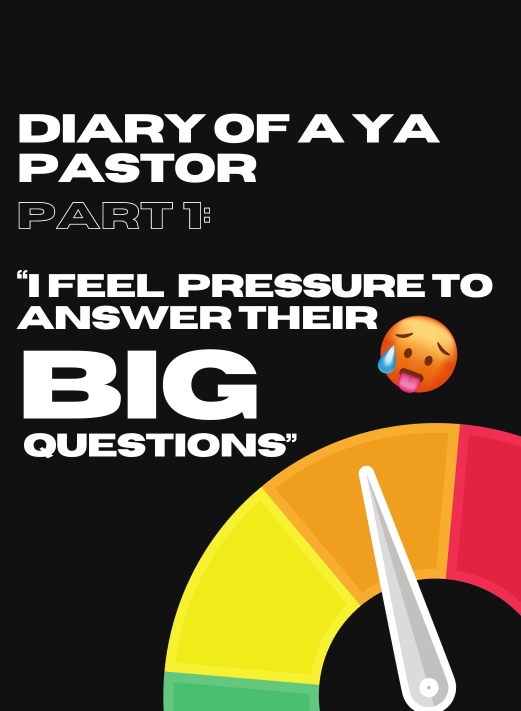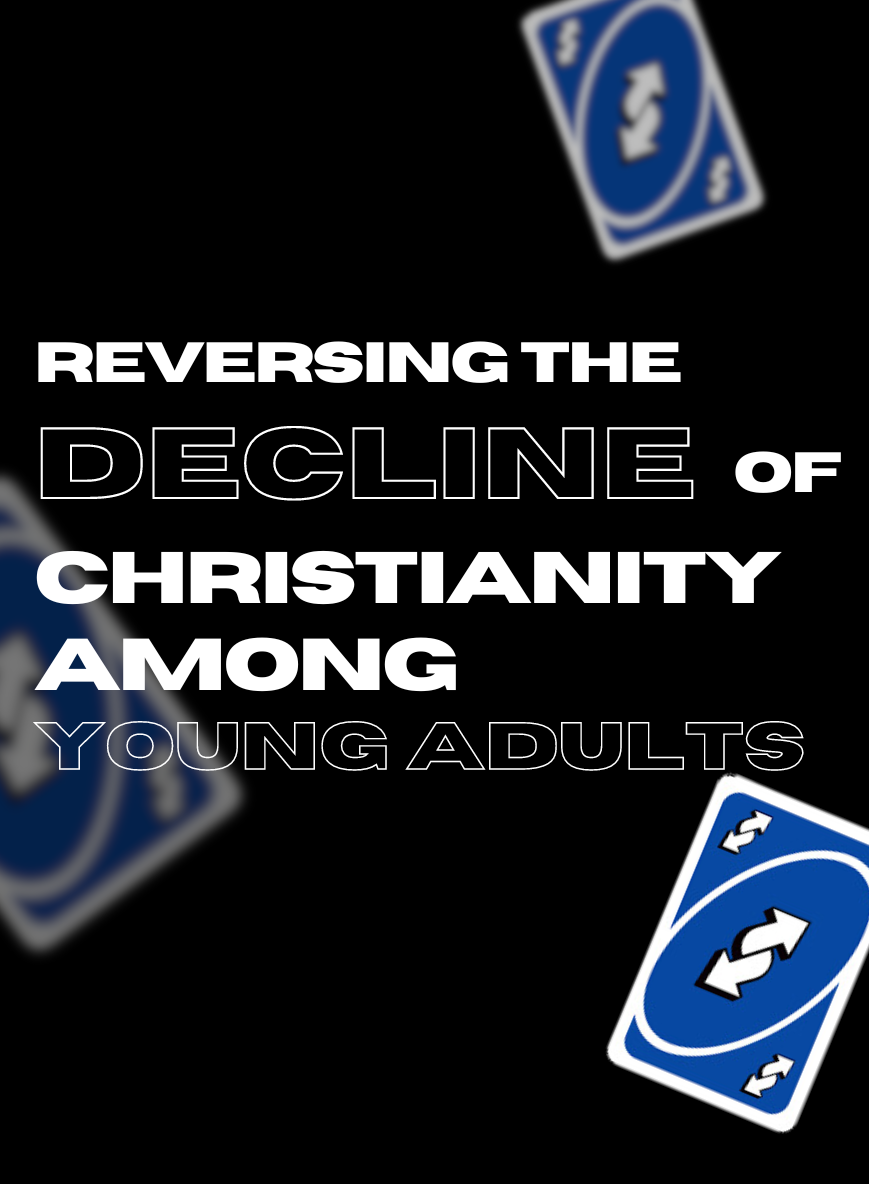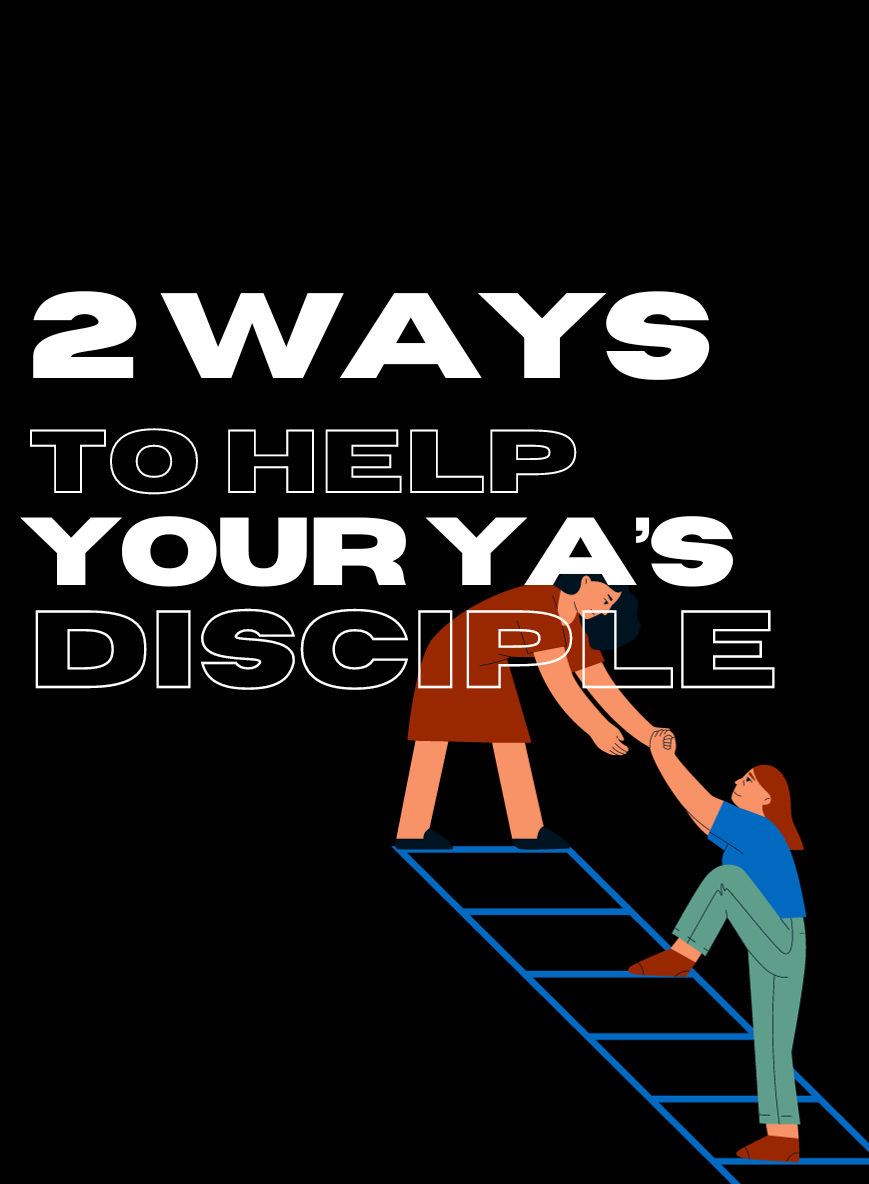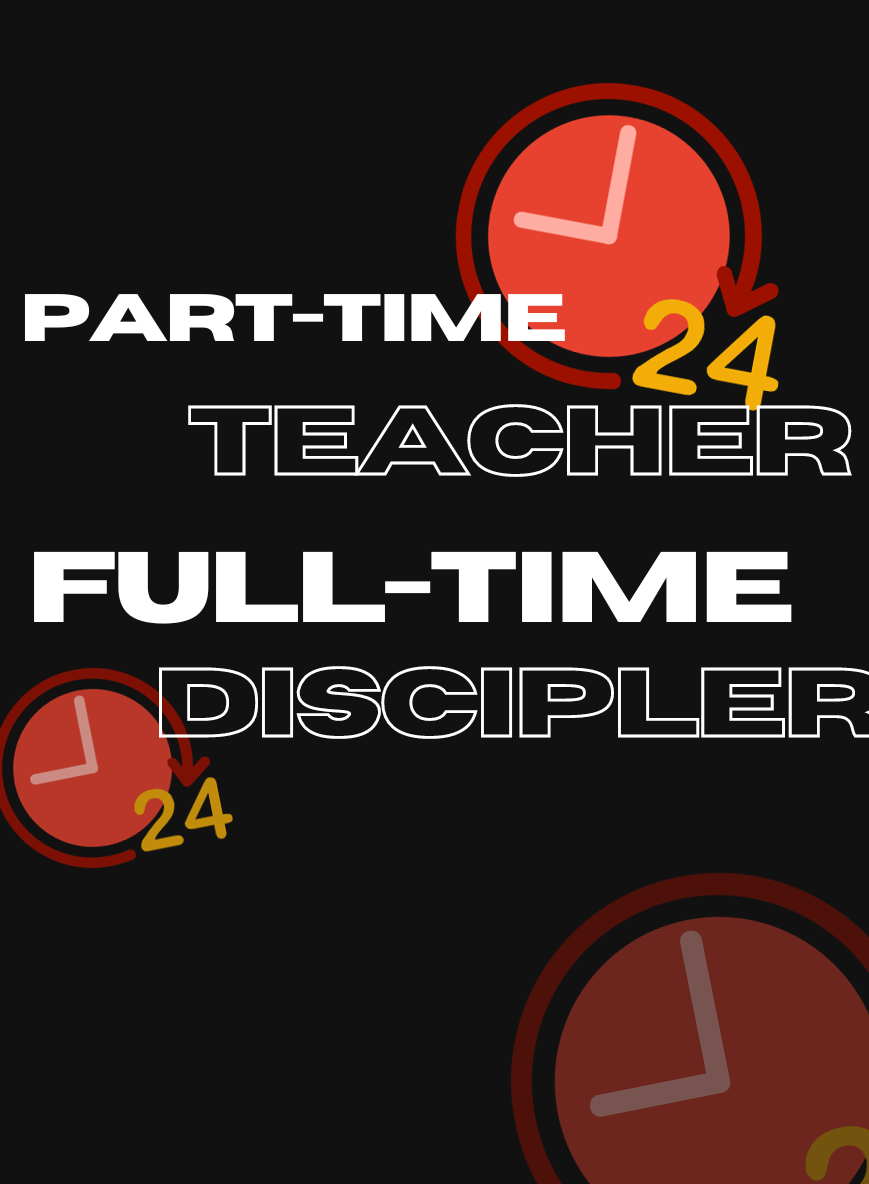
“I feel so much pressure as a Young Adult pastor to have all the answers for my Young Adults’ questions!”
Have you ever had this thought cross your mind? If so, don’t be alarmed, you wouldn’t be the only one! In a position of leadership in the church (or even in your day to day life), I’m sure there has been a time where someone has approached you with a question that has left you unsure how to answer. Well, guess what? You’re only human and it is totally okay for you to not have the answer to someone else’s problem, question, dilemma, conundrum, …the list goes on!
Unfortunately, I cannot give you one answer that will be the answer to solve all the questions your young adults come to you with. However, I CAN encourage you to start utilising something far greater and sustainable than this. Something that is considered to be a universally effective tool that is highly regarded and used across a wide variety of settings including, in professional work spaces, various learning environments and in our discipling relationships. You may have already heard about this tool that is known as Reflective Practice.
Some definitions of reflective practice include:
- “a learner-centred strategy that helps [individuals] to make sense of what they are learning and engages them in deep learning. Reflection can be in-action and on-action” (University of Melbourne, 2022).
- “[Reflective practice] can be seen as a process of making sense of experience in order to move on and do better”, (Ingham-broomfield, 2021).
Benefits of reflective practice
As a young adult pastor, leader or ministry director, you would know all too well that this is a significant life stage. According to the 2021 study “Happy Times: an Exploration of How Australian Young Adults Define Happiness”, it was found that this particular life stage is “gradually becoming more unpredictable and non-linear,” specifically in regards to “uncertainty for the future” and what this will look like for themselves. The study ALSO highlighted that young adults appear to be living in a state of continual tension between the expectations they have for their young adulthood years, and the reality that faces them at present as they navigate this transition from adolescence.
With all this change, it’s NO WONDER our young adults approach us with so many questions. “Which job offer should I take?”, “Should I change career paths?”, “What should I study at university?”, “How do I know if I should marry this person?” – the list goes on! Don’t get me wrong, these are all very valid questions and sure, we can definitely try and give them an answer that will maybe provide them with a solution, but what happens when the next problem arises? And the next after that? And then the next after that?! We want to find a sustainable way to support our young adults to overcome their problems that is more effective than a bandaid, acute response.
This is where reflective practice comes in. By using this tool, we are instead taking the opportunity to teach them the problem solving skills they require to navigate this dynamic life stage. Rather than giving them one bandaid for one problem, we want them to feel equipped with the entire first aid kit so they can feel confident to handle the problems as they are encountered.
Using reflective practice with our young adults is a fantastic time to practice vulnerability with each other by sharing openly about a recent experience. Through a simple and gentle process, these experiences are explored deeper to encourage the individual sharing to hear God’s whispers and direction.
PURPOSE:
Through reflective practice, we hope to accomplish three things:
- To draw spiritual meaning from the experience
We hope to support our young adults to better explore their underlying assumptions, unexpected motivations and unidentified God whispers that may help shape future thoughts and behaviours. God doesn’t waste any of our experiences and is delighted when we seek to draw divine meaning from ordinary experiences!
2. To demystify Christlikeness
Sharing personal stories creates a powerful environment for vulnerability, encouragement and support. As we vulnerably reveal our challenges and our wins, our highs and lows and our fears and dreams, we collectively portray the embodiment of Christlikeness and what it looks like to be Jesus-like in our day to day lives.
3. To develop reflective skills
Reflecting on personal experiences is ultimately what trains us to be able to be reflective disciplers in the world. As we practice reflecting on our experiences, we are actually sharpening our ability to eventually reflect in our experiences every day.
Reflective practice in action:
You might be thinking, what does this look like practically?
Here are four questions that may be helpful to ask your young adults in order to guide their reflective practice:
- What’s happening in your life at the moment?
- This is where you may talk with them about their experience and key facts or feelings associated with this.
2. Why is this happening?
- You may want to analyse with them the potential reasons behind the experience and provide a space to ask any clarifying questions.
3. What might God be saying?
- Spend time asking Jesus to speak into the situation and consider experiences, pictures, words or scriptures that God may be bringing to mind to share with them.
4. What are you going to do about it?
- Consider supporting them to create an action plan in response to what they have discovered through reflection about their situation.
I pray that as you experiment with using this tool, you feel a new sense of purpose in your ministry as you guide your young adults to reflect on and eventually in their experiences, so that they can find answers to life’s big questions and navigate different everyday experiences. May you feel refreshed as you no longer carry the burden and expectation of having all the answers for your young adults, but excited to create a space where they can partner vulnerably with Jesus and others in their community to develop their reflective practice skills. It is my hope that as you support your young adults to learn this skill, that they walk more like Jesus and ultimately, make more predictable and Jesus-like decisions, even when faced with unpredictable situations.
Be blessed,
Jordayna Chea – Gen J Team member
If you would like to learn more about our discipleship training, we’d love you to sign up for GenJ Equipping Disciplers online training course. It’s informative, research-based and practical. And… it’s totally FREE. You can find this on our website on the ‘TRAINING’ web-page. If you use the reflective practice tool in your context, reach out and share your experiences with us on instagram @genj.official.
References:
Ingham-Broomfield, B. (2021). A nurses’ guide to using models of reflection. Australian Journal of Advanced Nursing, 38(4). https://doi.org/10.37464/2020.384.395
McMillan, Nathan, Laughland-Booÿ, Jacqueline, Roberts, Steven and Smith, Jonathan. (2022). Happy times: An exploration of how Australian young adults define happiness. Journal of Applied Youth Studies. 5(1), pp. 37-53. https://doi.org/10.1007/s43151-021-00060-6
The University of Melbourne. (2022). Reflective practice. https://le.unimelb.edu.au/learning-teaching-assessment/assessment-and-feedback/reflective-practice



